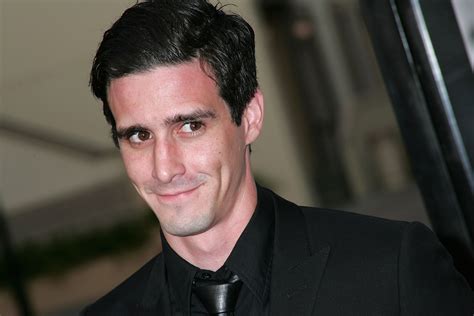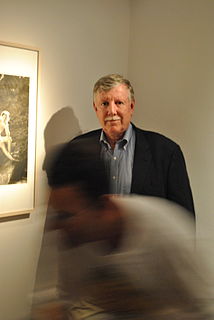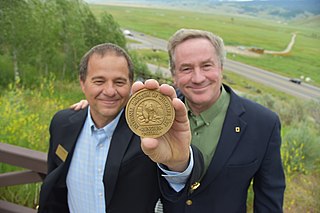A Quote by Jose Mujica
Related Quotes
We're at risk of losing this iconic species for all time. Once it's stripped of its natural instincts, it's no longer a tiger. But there's a lot of species like that. The more intriguing thing, throughout Asia, a lot of these countries are selling off their jungle-and-forest rights for oil and for paper-and-pulp companies.
The medical argument for animal testing doesn't stand up. Even if it did, I don't think we should kill other species. We think we're so much better; I'm not sure we are. I tell people, We've beaten into submission every animal on the face of the Earth, so we are the clear winners of whatever battle is going on between the species. Couldn't we be generous? I really do think it's time to get nice. No need to keep beating up on them. I think we've got to show that we're kind.
When I am at a dinner table, I love to ask everybody, 'How long do you think our species might last?' I've read that the average age of a species, of any species, is about two million years. Is it possible we can have an average life span as a species? And do you picture us two million years more or a million and a half years, or 5,000?
Most people think visual information is more important than aural information - like, what's this big deal about sound? And why should I bother to listen, rather than look? And here are the facts: there are blind species, in the backs of the caves, the bottoms of the oceans. It's not essential on planet Earth to be able to see, to be a species. But there are no deaf animal species. You have to be able to hear, or you won't get the information you need in order to survive.
Other countries may boast of this and that, but nobody can touch the United States for poisonous snakes. We have about twenty species, most of them deadly, and Europe has only five or six, none of them much good. We have fifteen kinds of Rattlesnakes alone and nobody else has even one. [Footnote: There is a species in Central and South America, but it probably came from here.]
I think that space flight is a condition of Nature that comes into effect when an intelligent species reaches the saturation point of its planetary habitat combined with a certain level of technological ability... I think it is a built-in gene-directed drive for the spreading of the species and its continuation.
In treating of the oak, I have considered that the species of it growing in warm climates is superior to that which is produced in cold countries. But we must not imagine this to be the case with all woods; on the contrary, the fir timber grown in cold countries is superior to that produced in warm ones, where its growth is rapid.










































